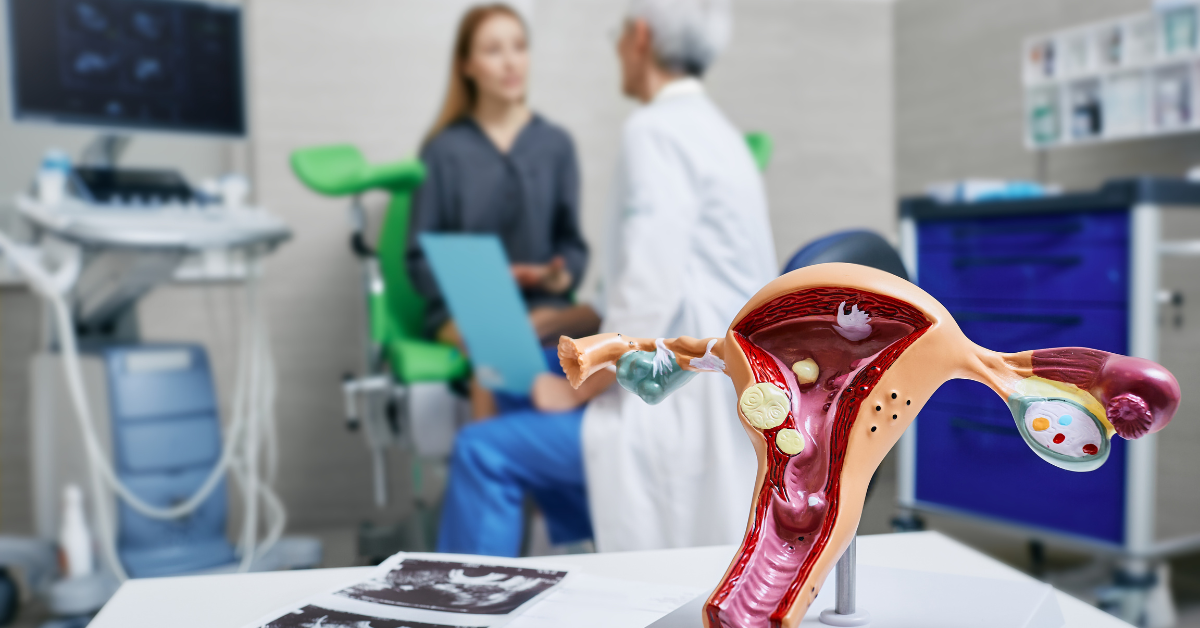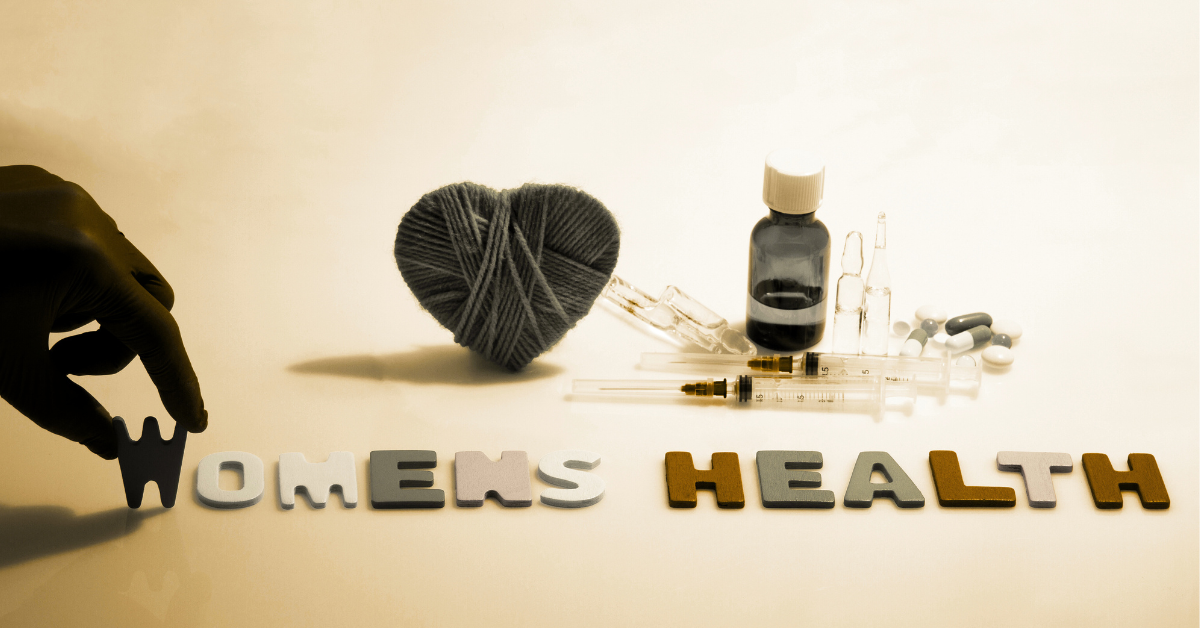Hormone Truth Bomb: What the FDA Just Admitted About Menopause & HRT

Let’s get one thing straight: ignoring your hormones isn’t a wellness strategy. It’s a thief. It steals your sleep, your energy, your bone density, your brainpower, and your quality of life. For decades, women have been told that the debilitating symptoms of menopause are just a normal part of aging to be endured in silence. Last week, the FDA finally sat down with top experts to set the record straight, and the truth bombs they dropped were long overdue.
What Went Down at the FDA in July 2025
On a landmark day in July 2025, the FDA convened a roundtable of the nation’s leading physicians, researchers, and women's health advocates. The purpose? To have a no-nonsense discussion about the outdated, fear-mongering labels on hormone replacement therapy (HRT) and confront the medical misinformation that has harmed millions. This wasn't just about hot flashes. It was about heart disease, osteoporosis, dementia, and the fundamental right for women to receive evidence-based care. As one panelist, Dr. Heather Hirsch, stated, the goal was to provide "concise and logical information in support of the safety of menopausal hormone therapy," because right now, "we are doing harm in the name of do no harm."

How 2002 Turned Hormones into the Boogeyman
To understand why this meeting was so critical, we have to rewind to 2002 and the infamous Women’s Health Initiative (WHI) study.
Quick WHI Refresher
The WHI was a massive study, but its initial findings were misinterpreted and sensationalized. Headlines screamed that HRT caused breast cancer and heart attacks, triggering a mass panic. Doctors yanked their patients off hormones, prescriptions plummeted, and an entire generation of women was taught to fear the very thing that could have protected their health.
What the Media Botched
The problem is, the scary headlines left out the crucial details. The media and even many doctors failed to grasp the nuances of the study, leading to flawed assumptions that have persisted for over 20 years.
- The Wrong Patients: The WHI study’s average participant was 63 years old, many of whom were more than a decade past menopause. This is far outside the optimal "timing window" for starting HRT. Giving hormones to older women who may already have underlying plaque in their arteries is completely different than giving it to a 51-year-old who just entered menopause.
- The Wrong Hormones: The study primarily looked at one specific, outdated combination of hormones: oral conjugated equine estrogens (derived from horse urine) and a synthetic progestin (medroxyprogesterone acetate). This isn't what modern, evidence-based HRT looks like. Today, we use bioidentical estrogens and micronized progesterone, which have a much safer profile.
- The "Breast Cancer" Myth: The most damaging takeaway was the link to breast cancer. But here’s the reality: in the estrogen-only arm of the WHI, women actually had a lower risk of breast cancer. Even in the combined estrogen-progestin group, the increase in risk was small and, importantly, there was no statistically significant increase in breast cancer mortality.
Four Big Takeaways From the 2025 Meeting
The experts at the FDA roundtable were united in their message: the science has evolved, and it's time for clinical practice to catch up. Here are the four biggest truths they laid down.
- The Timing Window is Everything Starting HRT within 10 years of menopause (or before age 60) isn't just about symptom relief; it's about prevention. Evidence shows this is a critical window for reaping profound heart, brain, and bone benefits. Initiating estrogen in this timeframe has been shown to decrease all-cause mortality. Yet, most women are never told this.
- Vaginal Estrogen Is Safe. Period. Millions of women suffer from the genitourinary syndrome of menopause (GSM), which causes vaginal dryness, painful sex, and recurrent UTIs. Low-dose vaginal estrogen is a highly effective, FDA-approved treatment that is not absorbed systemically throughout the body. Yet, it carries the same terrifying "black box" warning as systemic hormones, scaring both patients and doctors away from a safe and life-changing therapy. The experts were clear: this warning is not supported by data and needs to be removed.
- Testosterone Matters for Women Testosterone isn't just a "male" hormone. Women's bodies produce it, and it's crucial for mood, cognitive function, muscle mass, and libido. While men have over a dozen FDA-approved testosterone products, there are zero for women. This forces women to use off-label, unregulated products. As one expert powerfully stated, "That's my brain on testosterone—it's like going from black and white to technicolor."
- Estrogen Beats Osteoporosis—and Fractures Kill One in two women over 50 will break a bone due to osteoporosis. A hip fracture is a life-altering event, with a 22% one-year mortality rate for women over 80. Estrogen is the most effective FDA-approved treatment for preventing postmenopausal osteoporosis, reducing fracture risk by up to 50%. Despite this, only a tiny fraction of eligible women are using it.

Who’s Still Falling Through the Cracks?
The fallout from two decades of fear has left a massive gap in care. Women are routinely dismissed, misdiagnosed, and left to suffer from symptoms that are treatable.
- Symptoms Labeled "Just Aging":
- Crippling anxiety or new-onset depression
- Heart palpitations
- Debilitating joint pain
- Brain fog and memory lapses
- Insomnia and night sweats
- Complete loss of libido
- The Physician Training Gap: This isn't entirely the fault of individual doctors. The system has failed them, too. A shocking 80% of OB/GYN residency programs offer no formal menopause education. Many practicing physicians received less than an hour of training on the topic, often sponsored by a drug company.
Women vs. Men: Different Red Flags
The double standard in how hormonal health is treated is stark. When a man complains of low energy, brain fog, and low libido, he's often tested for low testosterone and offered treatment. When a woman presents with the exact same symptoms, she's more likely to be handed a prescription for an antidepressant and told it's just stress or aging. This isn't just dismissive; it's dangerous. For women, these symptoms are red flags for the loss of cardio- and neuro-protective estrogen, a critical hormonal shift that deserves to be taken seriously.
The Cost of 20 Years of Fear
The consequences of the WHI fallout have been devastating and far-reaching.
- Women with classic perimenopausal mood swings are misdiagnosed with clinical depression.
- Breast cancer survivors are needlessly denied safe, local vaginal estrogen to treat painful sex and UTIs.
- One researcher estimated that the avoidance of estrogen therapy has led to over 100,000 excess deaths among women in the last two decades alone.

The Bottom Line
The FDA roundtable wasn't just a meeting; it was a reckoning. It was a public admission that the medical establishment has been failing women for decades. The science is clear: for the majority of healthy women, the benefits of modern hormone therapy started in the right window far outweigh the risks. It's time to stop treating menopause like a disease to be ashamed of and start treating it like the critical health transition it is—one that deserves evidence-based, compassionate care.
At Prosper Health, we're not just watching the science evolve; we're putting it into practice. We cut through the noise and the outdated dogma. Our approach is simple and data-driven: comprehensive lab testing to get a full picture of your hormonal health, personalized dosing with modern, bioidentical hormones, and continuous monitoring to ensure your treatment is optimized for you. We focus on finding the root cause of your symptoms, not just putting a band-aid on them.
Curious whether HRT fits you? Schedule a low-pressure chat with a Prosper clinician. You deserve answers based on 2025 science, not 2002 fear.

Sources
1. The NAMS 2022 Hormone Therapy Position Statement Advisory Panel. (2022). The 2022 hormone therapy position statement of The North American Menopause Society. Menopause, 29(7), 767–794. https://doi.org/10.1097/GME.0000000000002028
2. Manson, J. E., Aragaki, A. K., Rossouw, J. E., Anderson, G. L., Prentice, R. L., LaCroix, A. Z., Chlebowski, R. T., Howard, B. V., Thomson, C. A., Wactawski-Wende, J., Jackson, R., Hsia, J., Zen, K., & Martin, L. W. (2017 ). Menopausal Hormone Therapy and Long-term All-Cause and Cause-Specific Mortality: The Women’s Health Initiative Randomized Trials. JAMA, 318(10), 927–938. https://doi.org/10.1001/jama.2017.11424
3. American College of Obstetricians and Gynecologists' Committee on Gynecologic Practice. (2020 ). The Use of Vaginal Estrogen in Women With a History of Estrogen-Dependent Breast Cancer. ACOG Committee Opinion No. 826. Washington, DC: American College of Obstetricians and Gynecologists.
4. Davis, S. R., Baber, R., Panay, N., Bitzer, J., Perez, S. C., Islam, R. M., Kaunitz, A. M., Kingsberg, S. A., Lambrinoudaki, I., Liu, J., Parish, S. J., Pinkerton, J., Rymer, J., Simon, J. A., Santoro, N., & Shifren, J. L. (2019). Global Consensus Position Statement on the Use of Testosterone Therapy for Women. The Journal of Clinical Endocrinology & Metabolism, 104(10), 4660–4666. https://doi.org/10.1210/jc.2019-01603
5. Diaz Brinton, R. (2021 ). A new era for estrogen therapy and the brain: A call for precision hormone therapy. Alzheimer's Research & Therapy, 13(1), 159. https://doi.org/10.1186/s13195-021-00899-x

.svg)

.svg)
.svg)
.svg)